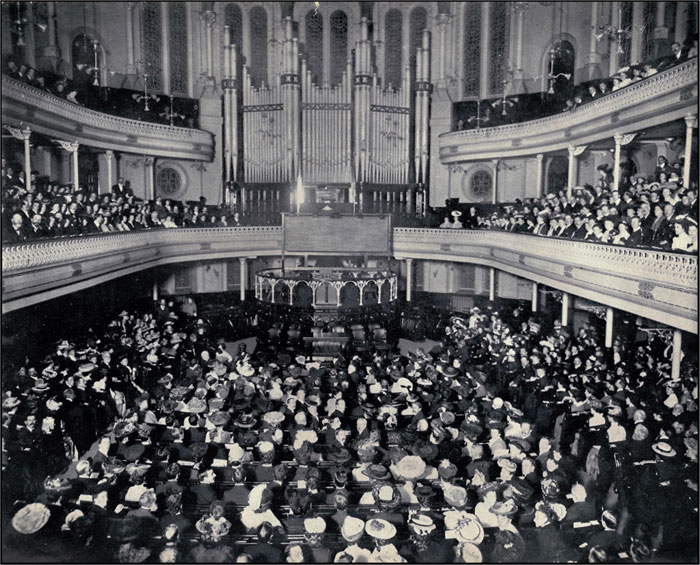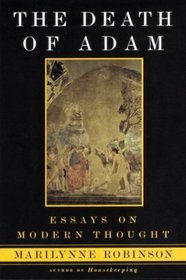Appearances
I’ve read a couple of thought provoking pieces on appearances lately. Both of them lead me to reflect on the peculiar limitations of living in an age so deeply influenced by entertainment values.
The first is at Gladsome Lights, where Gretchen Joanna shares from a homily by St. Nikolai. It’s about the nature of Jesus’s beauty, and begins,
Holy Scripture does not ascribe any particular value to physical beauty, and in general to anything transient. That is why everyone who reads Holy Scripture should take care to be sufficiently attentive and wise to transfer the praise of physical beauty to the soul and to spiritual values. Without a doubt, spiritual beauty gives a wondrous attractiveness to the most unattractive body, just as an ugly soul makes even the most attractive body repulsive…
It’s worth reading; here’s the link to the rest.
Later, I heard on NPR the first of a series of pieces on the personalities of presidents. Until F.D.R., most presidents scored rather low in the area of “personal charisma.” Dean Simonton, a psychology professor at the University of California, shares his findings as a student of presidential personalities. The story is here. It concludes,
“There’s nothing about being a charismatic president that makes you more effective as a problem solver,” [Simonton] says. “All that charisma does is enable you to influence people. As far as actually being effective, there’s no guarantee.”
So from Simonton’s perspective, it’s not clear whether the shift toward charismatic personalities is good or bad for America. What is clear to him is that many of the Founding Father types we claim to revere probably wouldn’t cut it in modern politics.
“I don’t think there’s a prayer that [George Washington] would be elected today,” Simonton says.
Their gifts, he says, have essentially been selected out.



2 Comments
Barbara H.
It was interesting after the last debate to hear the analysts discussing which candidate “seemed presidential.” — as if how they came across was of at least if not more importance than the issues. It’s a factor, for better or worse, in this era of increased media exposure, but I would hope not the main factor. But I fear that does sway people more than it should.
Janet
I think we always vote for the candidate we think is most “presidential” — meaning the one we think would make the best president. But that’s a slippery term. For me it doesn’t mean personality or appearance so much as position on the issues, character, leadership ability…
It’s interesting to me, too, that despite the rush to declare a “winner” after each debate, the question of who won isn’t the same as who people like best or will vote for.
I’d love to time-travel back to an era with different values. And I’m glad the nation started before the media age.